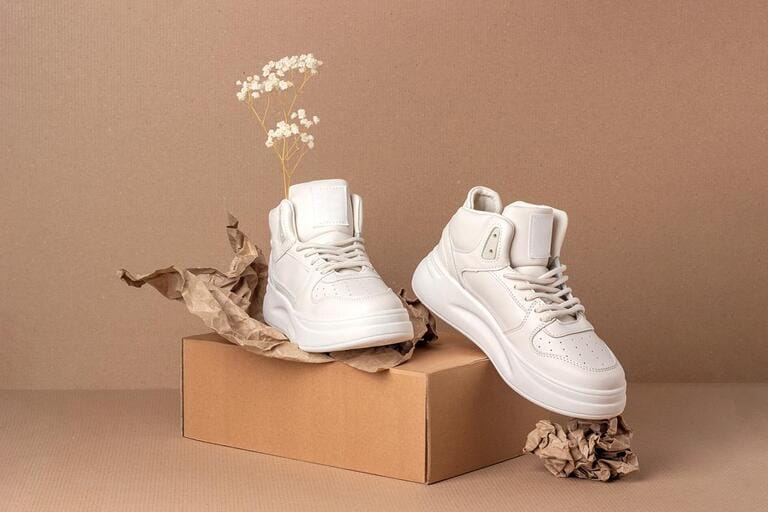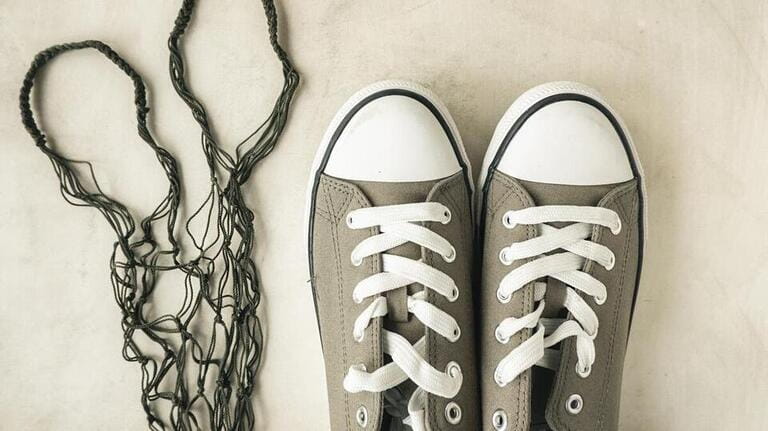In recent years, there has been a significant rise in the popularity of sustainable sneakers—eco-friendly footwear that combines style with a reduced environmental impact. As consumers become more conscious of the ecological and social implications of their purchasing decisions, fashion brands have responded by creating innovative and sustainable options in the sneaker industry. These sneakers incorporate environmentally friendly materials, responsible production practices, and ethical considerations.
One of the key aspects of sustainable sneakers is the use of eco-friendly materials. Traditional sneakers often involve the utilization of synthetic materials derived from non-renewable resources, such as petroleum-based plastics. In contrast, sustainable sneaker brands prioritize the use of organic and recycled materials. For instance, they might incorporate organic cotton, hemp, or recycled polyester into the upper part of the shoe. Recycled rubber is commonly used for the soles, reducing the need for new rubber production.
Additionally, sustainable sneaker brands strive to implement responsible production practices. They aim to minimize waste, energy consumption, and carbon emissions throughout the manufacturing process. Some brands use water-based adhesives instead of toxic glues, reducing the release of harmful chemicals into the environment.  Others employ innovative techniques such as 3D printing or laser cutting to minimize material waste and create more precise designs. By adopting these sustainable production methods, brands contribute to reducing their environmental footprint.
Others employ innovative techniques such as 3D printing or laser cutting to minimize material waste and create more precise designs. By adopting these sustainable production methods, brands contribute to reducing their environmental footprint.
Ethical considerations are also an important aspect of sustainable sneakers. Brands that prioritize ethical production ensure fair labor practices, safe working conditions, and fair wages for their workers. They often partner with manufacturers who adhere to internationally recognized labor standards and certifications. Moreover, some sustainable sneaker brands engage in philanthropic initiatives, supporting social and environmental causes and giving back to communities.
In recent years, many established and emerging fashion brands have embraced sustainability and launched their own lines of eco-friendly sneakers. They combine contemporary designs, fashion-forward aesthetics, and sustainable features to appeal to environmentally conscious consumers who do not want to compromise on style. These sneakers are not only trendy and fashionable but also align with the values of consumers who prioritize ethical and sustainable choices.
The rise of sustainable sneakers has been facilitated by the growing demand for eco-friendly products and the increased awareness about the environmental impact of the fashion industry. Consumers are increasingly seeking alternatives that reduce waste, promote recycling, and support responsible manufacturing practices. As a result, sustainable sneakers have gained popularity and have become an integral part of the fashion industry’s efforts to move towards a more sustainable future.




